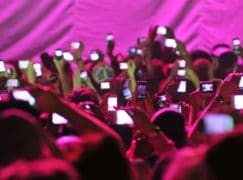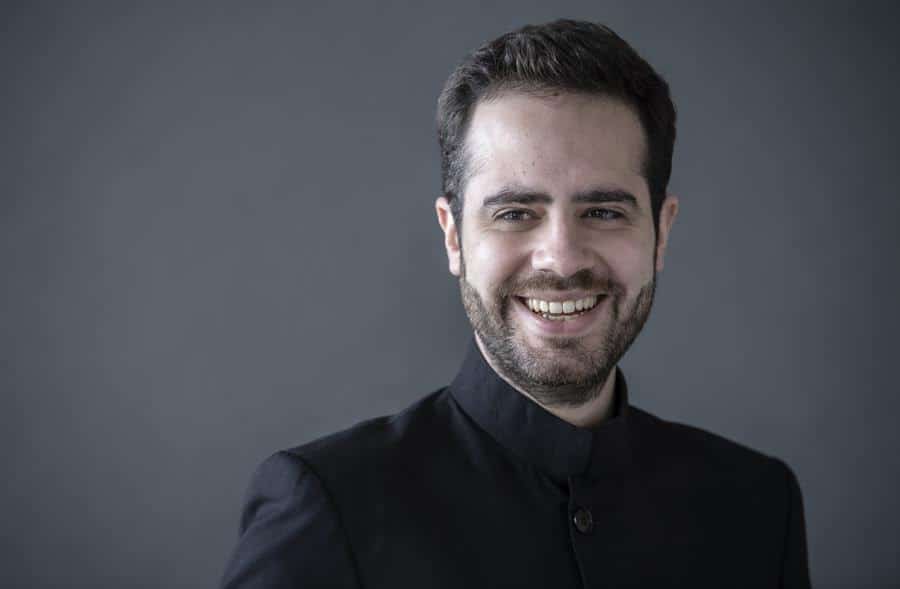Yannick stops Mahler twice for phone flash and snoring
NewsPatrik Klein reports (in German) from Wednesday night’s Hamburg concert with the Rotterdam Philharmonic:
… A mobile phone rings and it takes the elderly couple at least 2 minutes to switch it off. This happens without hectic with a certain coziness and great innocence.
The maestro at the podium, none other than Yannick Nézet-Séguin , has long since laid down the baton at the beginning of “Ruhevoll (Poco Adagio)” in Mahler’s fourth symphony to wait for the jingle. …
The highlight of the evening, however, is a lady in the front stalls who must have fallen asleep. Her neck fell back, loud snoring could be heard before her tongue disappeared down her throat and she passed out. Maestro Nézet-Séguin broke off again and sat down with his musicians, waiting for the lady, who had now woken up, to be escorted outside….
Read on here.






Comments